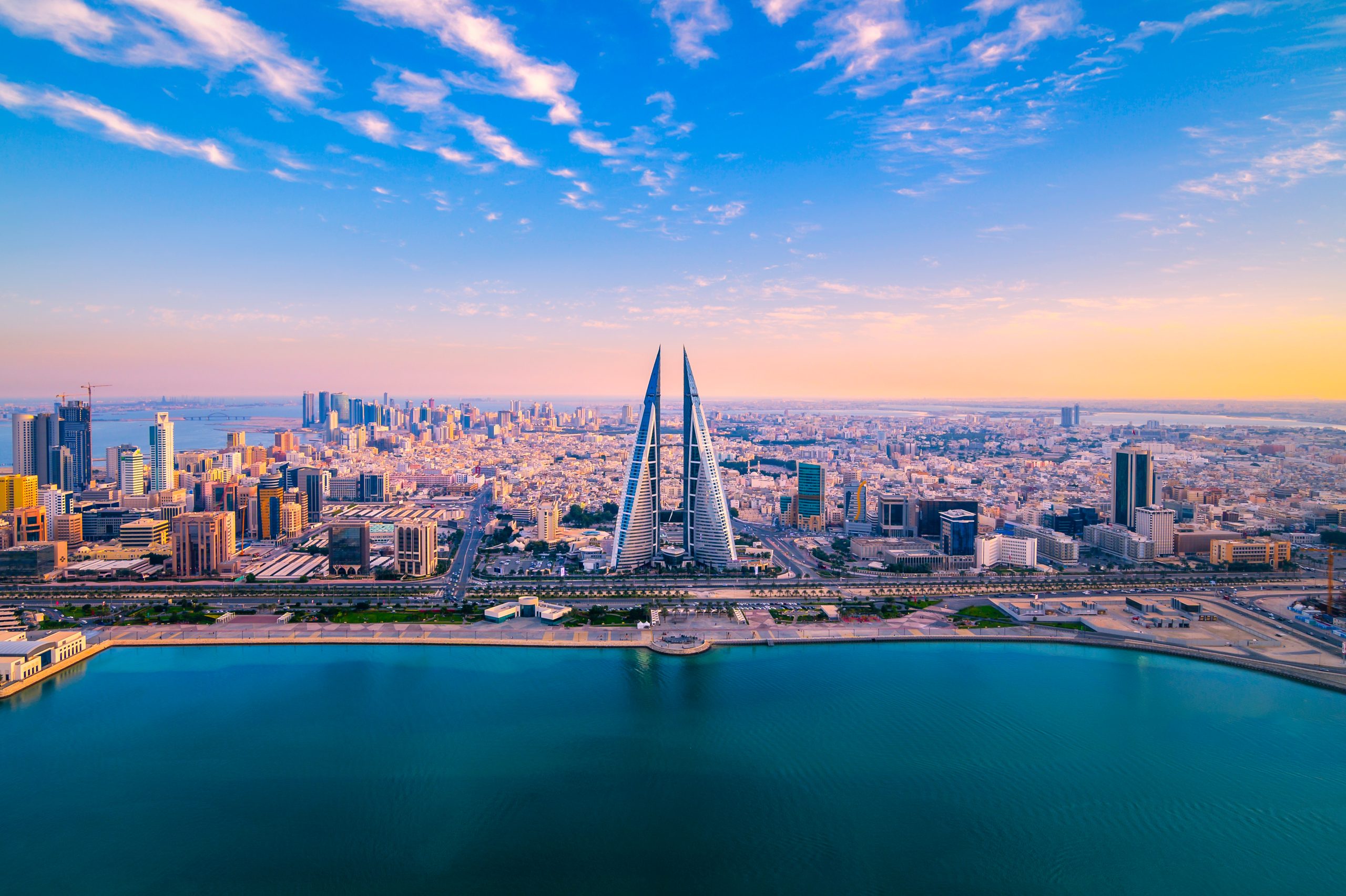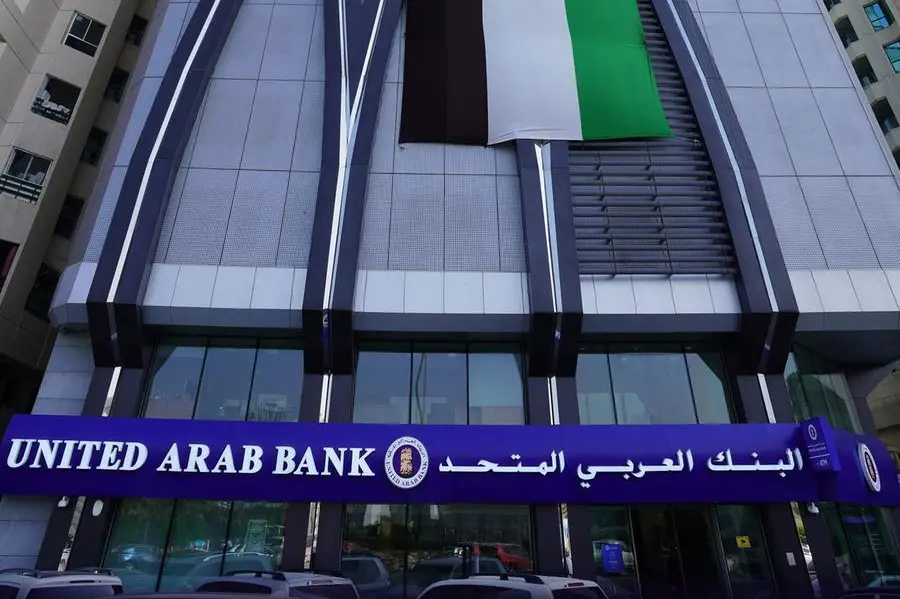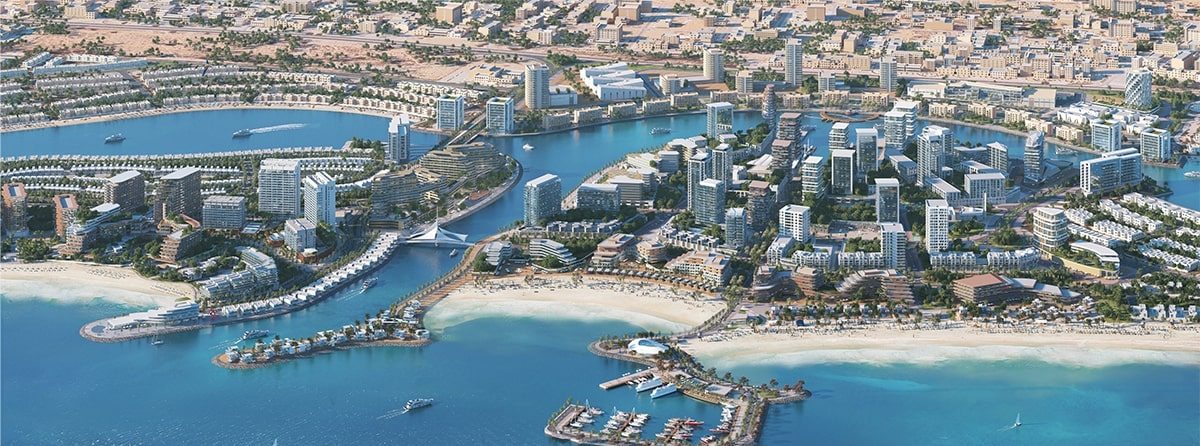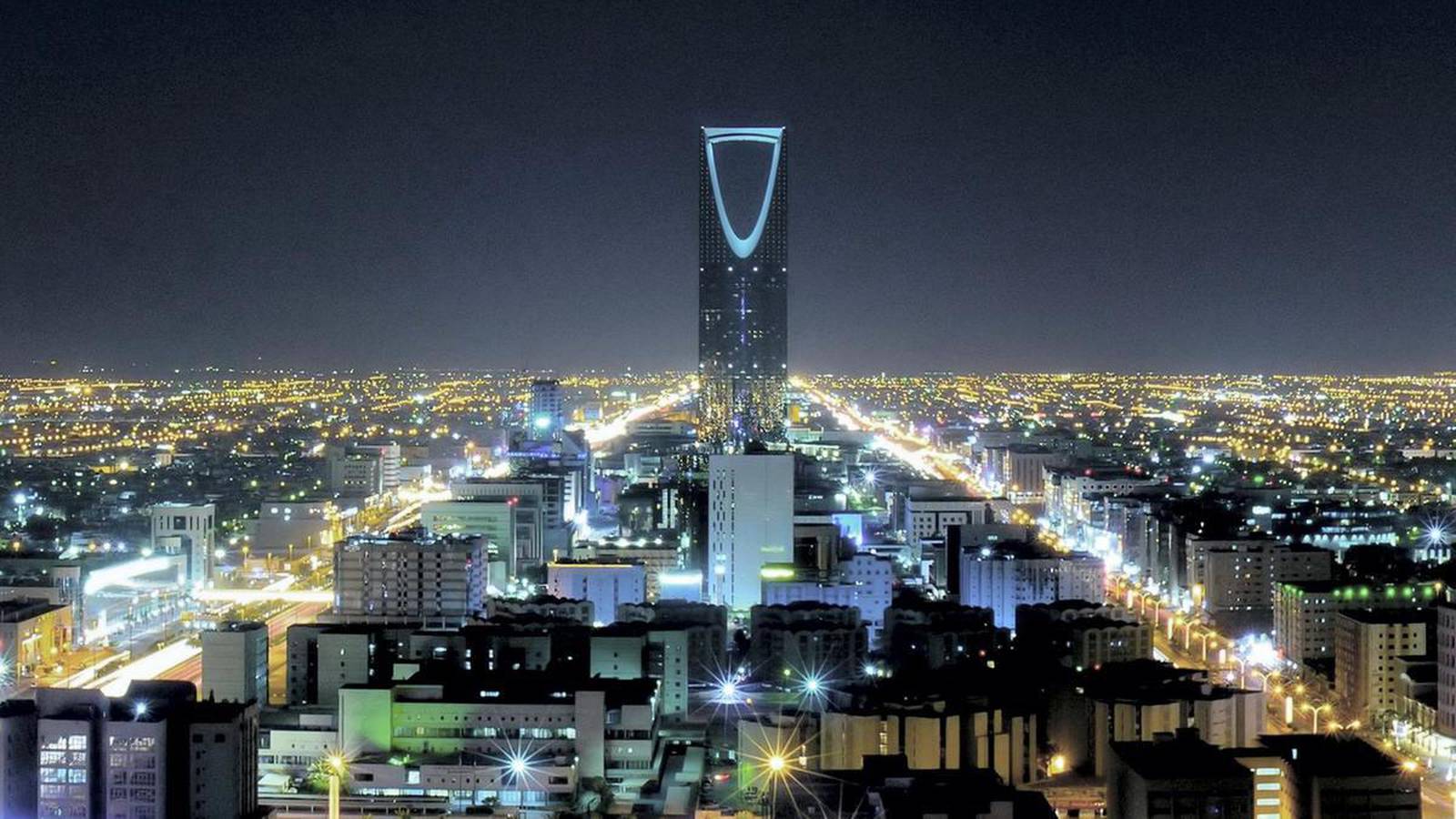Egypt Secures Bail-Out Amid Economic Instability
To navigate through its economic challenges, Egypt has successfully secured a bailout, marking a significant moment in its financial management.
In a dramatic turn of events, Egypt, has secured essential financial assistance. Yet, this substantial help from the United Arab Emirates (UAE) does not resolve the enduring issues facing the country.
Historically, the prosperity of Egypt was closely tied to the annual floods of the Nile, essential for agriculture and the stability of its rulers. Today, instead of looking to the natural resources within its borders, Egypt turns its gaze towards the wealthy Gulf states for economic salvation.
On February 23rd, an agreement was reached between Egypt and the UAE, marking the largest urban land transaction in Egyptian history through a $35 billion development deal for Ras el-Hekma, a prime Mediterranean coastal area. This venture aims to replicate a Dubai-esque environment with the construction of residential units, hotels, and shopping complexes, while Egypt retains a 35% interest in the project.
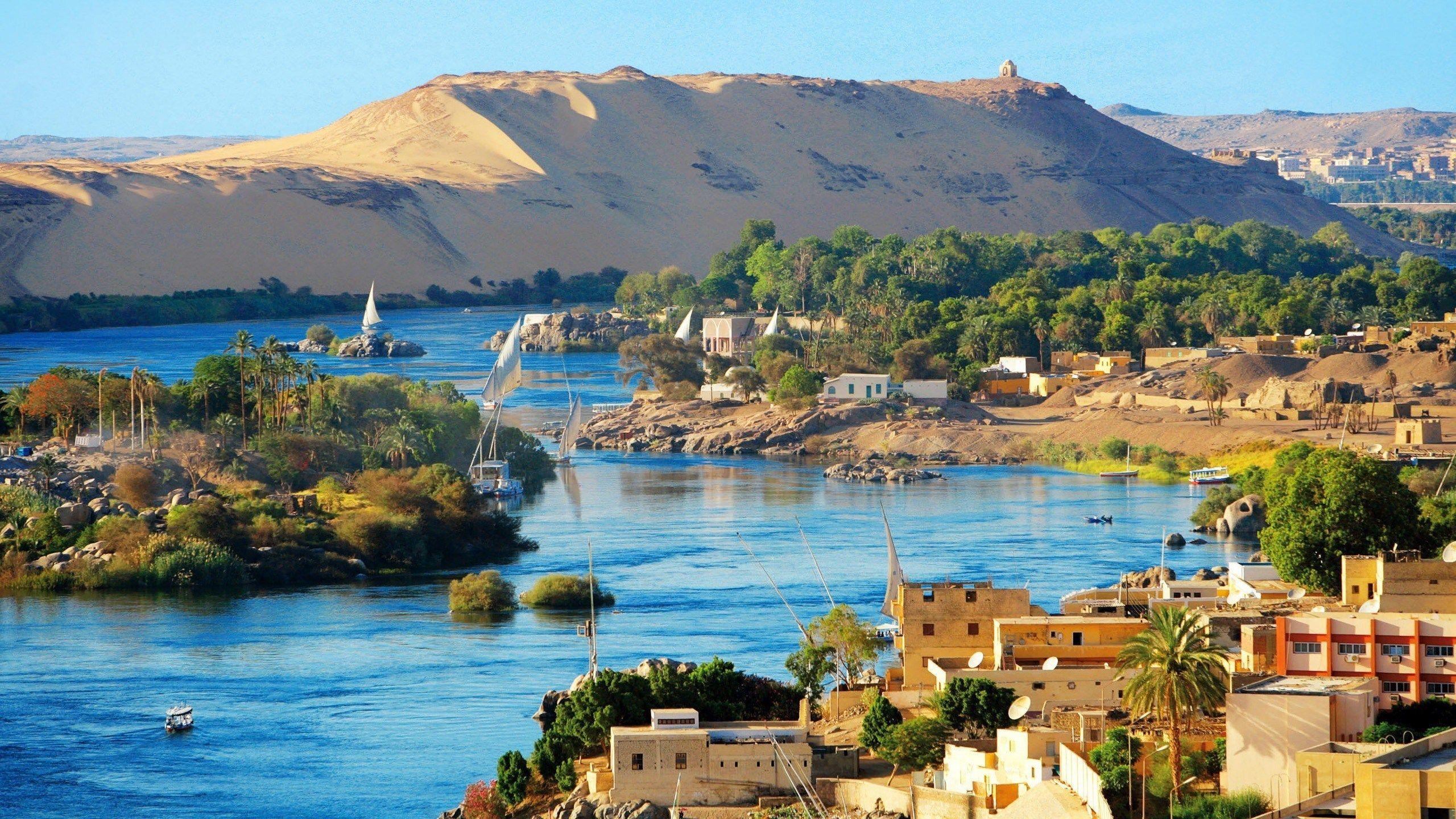
Navigating Economic Crisis with International Support
Far beyond a simple land deal, this pact serves as a crucial financial safeguard for Egypt, which was on the cusp of economic collapse due to prolonged debt accumulation.
Following this agreement, a surge of international support materialized, highlighted by the IMF amplifying its loan offer to Egypt from $3 billion to $8 billion, complemented by a €7.4 billion ($8 billion) financial aid from the EU and a further $6 billion from the World Bank.
This collective infusion of over $50 billion provided a temporary stabilizing force to Egypt’s shaky economic condition. Nevertheless, the UAE’s contribution comes with expectations.
Beyond aiming for a profitable outcome, it intends to wield greater control over Egypt’s administrative decisions, despite the potential obstacles arising from Egypt’s preference for state-driven initiatives and the uncertain outcomes of such large-scale urban projects.
Challenges Ahead Despite Economic Relief
Moreover, this collaboration has sparked renewed discussions about Egypt’s commitment to the economic changes it promised the IMF, including liberalizing its currency and reducing the heavy influence of the state in the economy.
Despite early efforts towards these reforms, skepticism remains about their comprehensive implementation and success. Rising inflation, which greatly affects the cost of living, highlights the gap between the government’s optimistic predictions and the actual economic turbulence.
While the latest influx of financial assistance has provided temporary relief, it does not address the core economic issues that still jeopardize Egypt‘s stability and progress.
Chris Dixon, a partner who led the charge, says he has a ‘very long-term horizon’
Americans now think they need at least $1.25 million for retirement, a 20% increase from a year ago, according to a survey by Northwestern Mutual
Saudi Arabia ranked first among countries for the non-oil exports of national origin with BD201 million (22%)
Bahrain’s non-oil exports of national origin decreased by 6% to BD894 million ($2.37 billion) in Q2 2024 compared to the same period in 2023. The top 10 countries accounted for 64% of the total export value.
According to the Information & eGovernment Authority (iGA) in its Q2 2024 Foreign Trade report, Saudi Arabia was the leading destination for these exports, totaling BD201 million (22%). The US followed with BD75 million (8.4%), and the UAE with BD73 million (8.2%).
Unwrought aluminum alloys were the top exported product in Q2 2024, amounting to BD267 million (30%), followed by agglomerated iron ores and concentrates alloyed at BD159 million (18%) and non-alloyed aluminum wire at BD49 million (5%).
Non-oil re-exports
Non-oil re-exports increased by 4% to reach BD206 million during Q2 2024, compared to BD198 million for same quarter in 2023. The top 10 countries accounted for 86% of the re-exported value. The UAE ranked first with BD58 million (28%) followed by Saudi Arabia with BD39 million (19%) and UK with BD17 million (8%).
As per the report, turbo-jets worth BD65 million (32%) were the top product re-exported from Bahrain, followed by private cars with BD11 million (5%) and four-wheel drive with BD9 million (4%).
The value of non-oil imports has decreased by 4% reaching to BD1.41 billion in Q2 2024 in comparison with BD1.47 billion for same quarter in 2023. The top 10 countries for imports recorded 68% of the total value of imports.

China Bahrain’s biggest importer
China ranked first for imports to Bahrain, with a total of BD191 million (14%), followed by Brazil with BD157 million (11%) and Australia with BD112 million (8%).
Non-agglomerated iron ores and concentrates were the top product imported to Bahrain worth BD200 million (14%), followed by other aluminum oxide with BD101 million (7%) and parts for aircraft engines with BD41 million (3%).
As for the trade balance, which represents the difference between exports and imports, the deficit logged was BD310 million in Q2 2024 compared to BD322 million in Q2 2023.
Chris Dixon, a partner who led the charge, says he has a ‘very long-term horizon’
Americans now think they need at least $1.25 million for retirement, a 20% increase from a year ago, according to a survey by Northwestern Mutual












